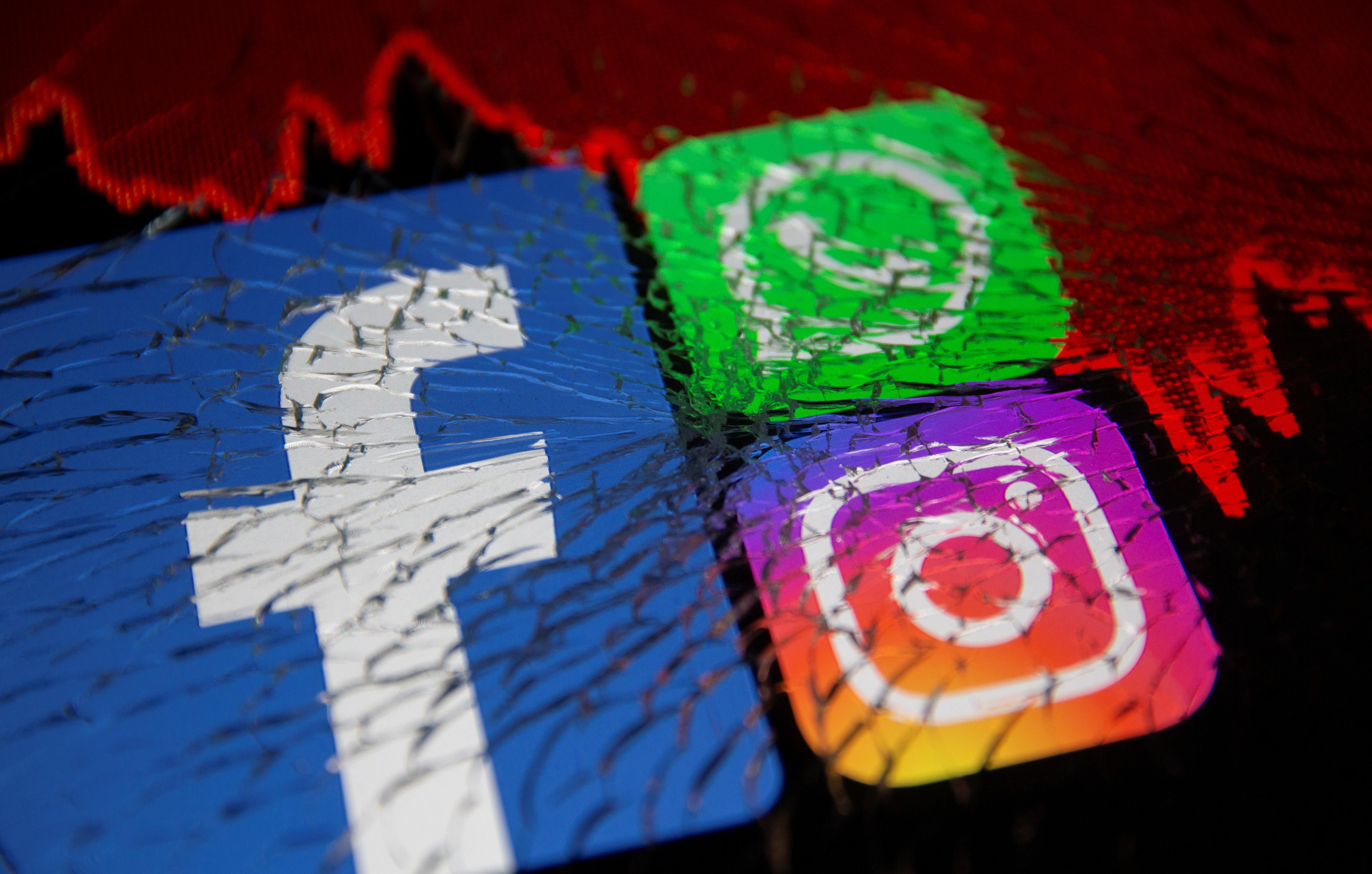October 05, 2021
Has a single tech malfunction ever affected quite as many people as this? You do the math, but on Monday an unexplained outage at Facebook left some 3.5 billion users worldwide without access to the social media site, its messaging app WhatsApp, and the photo sharing site Instagram.
Imagine all those IG influencers with nothing to do for seven entire hours! No filter indeed. But more seriously, millions of small businesses around the world that rely on Facebook and Instagram for marketing and sales were left high and dry, as were hundreds of millions of people who use WhatsApp as their primary means of social and professional communication.
What timing! The mega-glitch occurred, coincidentally, the day after Facebook whistleblower Frances Haugen blasted the company for hiding evidence that it systematically chooses profits over safety when it comes to dealing with hate speech, incitement, and misinformation.
What caused the outage? Despite a whirlwind of juicy theories about a potential inside job or external hack, Facebook said late Monday that the cause was human error: intentional servicing of the social media giant's servers went wrong in a freak way that cascaded across its networks, bringing the whole thing down in a matter of minutes. Bad day for the Facebook IT department, to say the least.
But a big political question looms: The episode will stoke fresh debate on Capitol Hill about whether social media companies should in fact be broken up or regulated more closely. When a single glitch affects the lives and livelihoods of nearly half the world's population at one go, that's a sign either of a company that is too powerful to be left to its own (glitchy) devices or, by contrast, too big to fail.
Expect this question to heat up even further as Haugen, the whistleblower, gets set to testify before Congress... today.
More For You
- YouTube
At the 62nd Munich Security Conference, Parag Khanna, founder and CEO of AlphaGeo, says globalization isn't dead, it's evolving. Speaking with GZERO’s Tony Maciulis, he explains that countries are forming flexible alliances that expand and shrink based on their interests. “You’d rather be in the tent...if it suits your interest than not in it,” Khanna notes, highlighting how the US, Europe, and Asia are adapting to shifting global priorities.
Most Popular
When the US shift from defending the postwar rules-based order to challenging it, what kind of global system emerges? CFR President Michael Froman joins Ian Bremmer on the GZERO World Podcast to discuss the global order under Trump's second term.
TODAY at 12 pm ET: Watch our Global Stage live premiere from the Munich Security Conference
Feb 13, 2026
Tune in today at 12pm ET/6pm CET for the live premiere of our Global Stage from the 2026 Munich Security Conference, where our panel of experts takes aim at the latest global security challenges. NY Times National Security Correspondent David Sanger moderates the discussion with Benedetta Berti, Secretary General, NATO Parliamentary Assembly; Ian Bremmer, President & Co-founder, Eurasia Group & GZERO Media; Dr. Wolfgang Dierker, Global Head of Government Affairs, SAP; and Brad Smith, Vice Chair & President, Microsoft.
- YouTube
Alina Polyakova, President and CEO of the Center for European Policy Analysis, warns that NATO faces a defining moment.
From the sidelines of the 62nd Munich Security Conference in Munich, Polyakova told GZERO's Tony Maciulis that the Arctic has become “an arena of incredible global competition,” with Russia and China expanding their ambitions. While President Trump’s focus reflects “the right instincts” on security, she argues allies must strike a mutual deal to secure the region together.
© 2025 GZERO Media. All Rights Reserved | A Eurasia Group media company.
